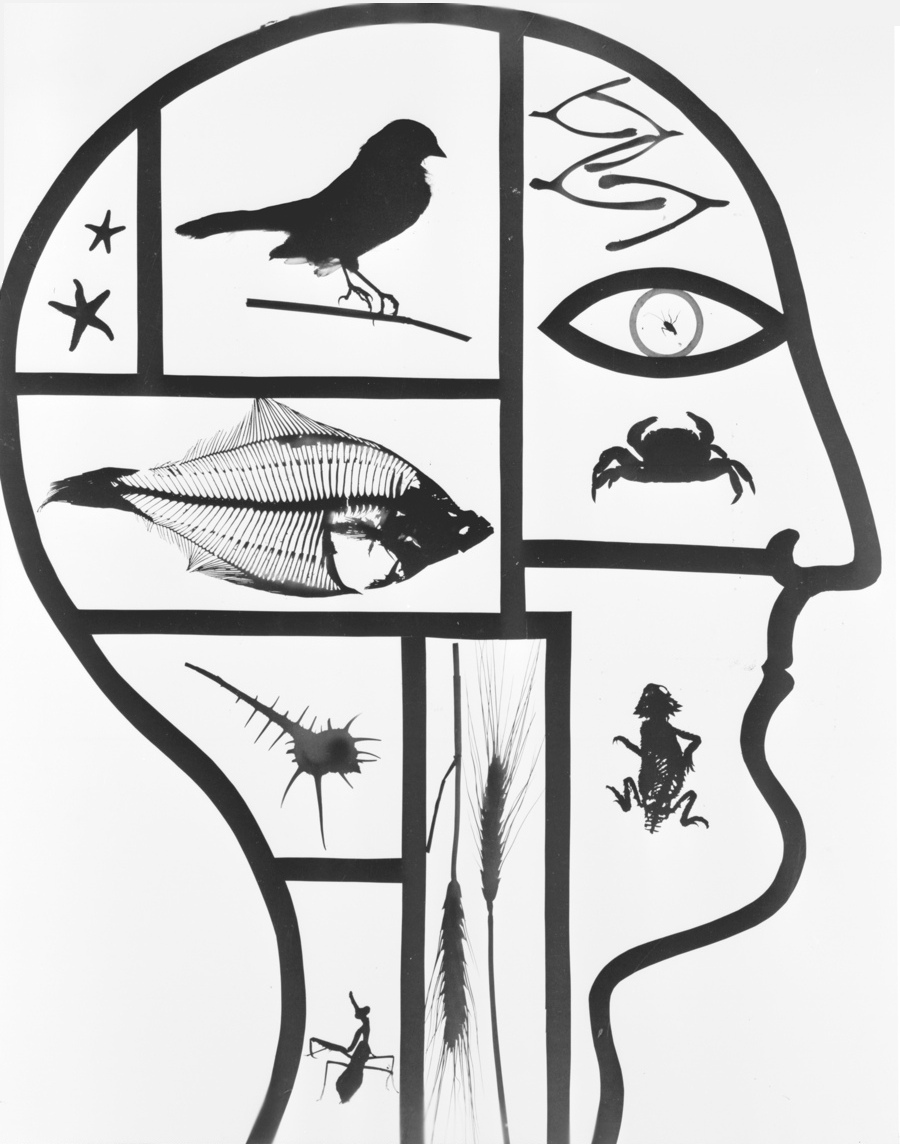At the blog of the New York Review of Books, Tim Parks talks to philosopher, psychologist, and robotics engineer Riccardo Manzotti about science’s current understanding of consciousness. What’s most remarkable about the interview is what science doesn’t understand about consciousness—its physiological basis, the nature of the relationship between consciousness and the brain, the “location” of consciousness. As Manzotti explains, even the language we typically use to talk about consciousness—words like “mind” or “mental”—obscure more than they illuminate, at least from a scientific point of view. Here’s an excerpt from the interview:
Parks: So we might say that consciousness is the word we use to refer to the fact that rather than just physiological activity, mute like any other physical event—the sky in the morning, a cloud crossing the sun—we have experience, we have a feeling of that event?
Manzotti: Exactly. Instead of a world where we merely interact with external occurrences—the way a flower opens in the sun, or water freezes in the cold—we also have experience of the occurrence, the sun, the icy weather, and so on. This addition of experience (or in future we may want to suggest that experience and occurrence are one!) would be puzzling enough in itself. But it is even more puzzling that experience is usually described as experience of something else, of something that is not me. I experience a red apple. You experience a piece of music. Ruth experiences a landscape. How is this possible since, if we leave aside quantum mechanics (for the moment), our traditional view of nature tells us that an object is what it is and nothing more? William James put this very clearly when he asked, How can the room I am sitting in be simultaneously out there and, as it were, inside my head, my experience? We still have no answer to that question.
Parks: So another way we could look at this would be to say that the fact of consciousness points to a flaw in our explanation of reality. Or at least amounts to a big challenge as to how we understand reality.
Manzotti: Right. Once we have defined and placed all the pieces of the physical jigsaw—chemistry, physics, evolution, general relativity, quantum mechanics, DNA, evolution, Higgs Boson, the lot—there is still something that does not add up—namely the fact that we don’t simply do things, we also experience the world around us. Consciousness. What David Chalmers famously called the hard problem.
Parks: In other words, consciousness is not something that current science would predict.
Manzotti: No. Why doesn’t our behavior simply happen, taking its course the way the planets follow their orbits? We don’t know. Just as cosmologists don’t know what dark matter is. All we know is that there is something that doesn’t add up and very likely points to some profound error in our assumptions about reality. That’s what we should be concentrating on, rather than getting into elaborate and suggestive metaphors like “movies in the head.”
Image via NY Review Daily.
